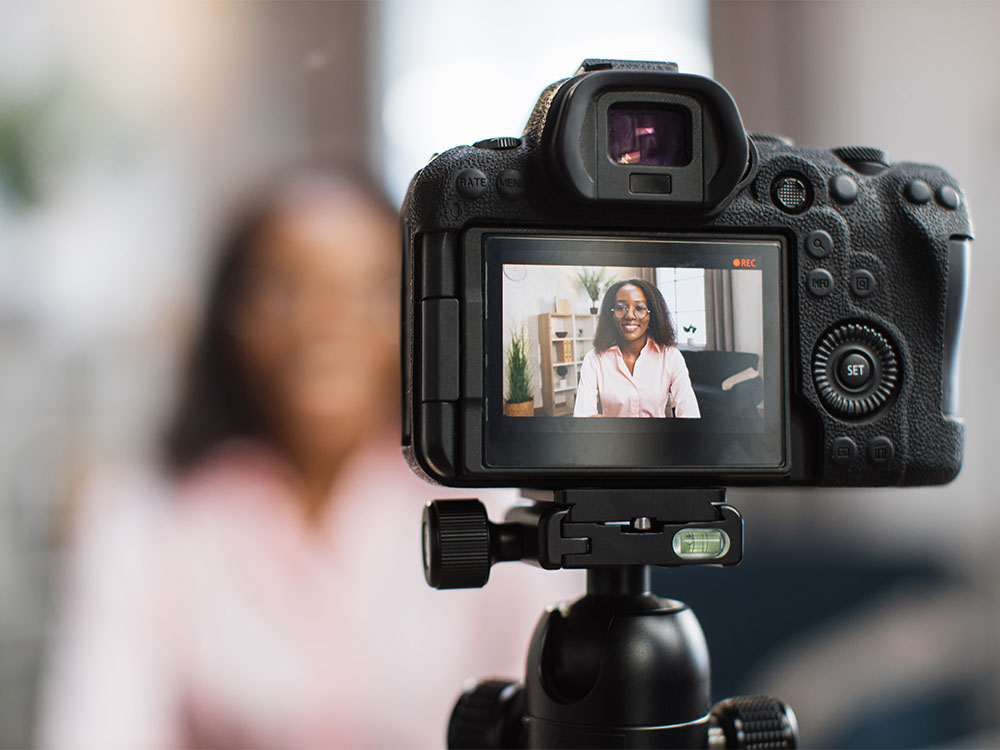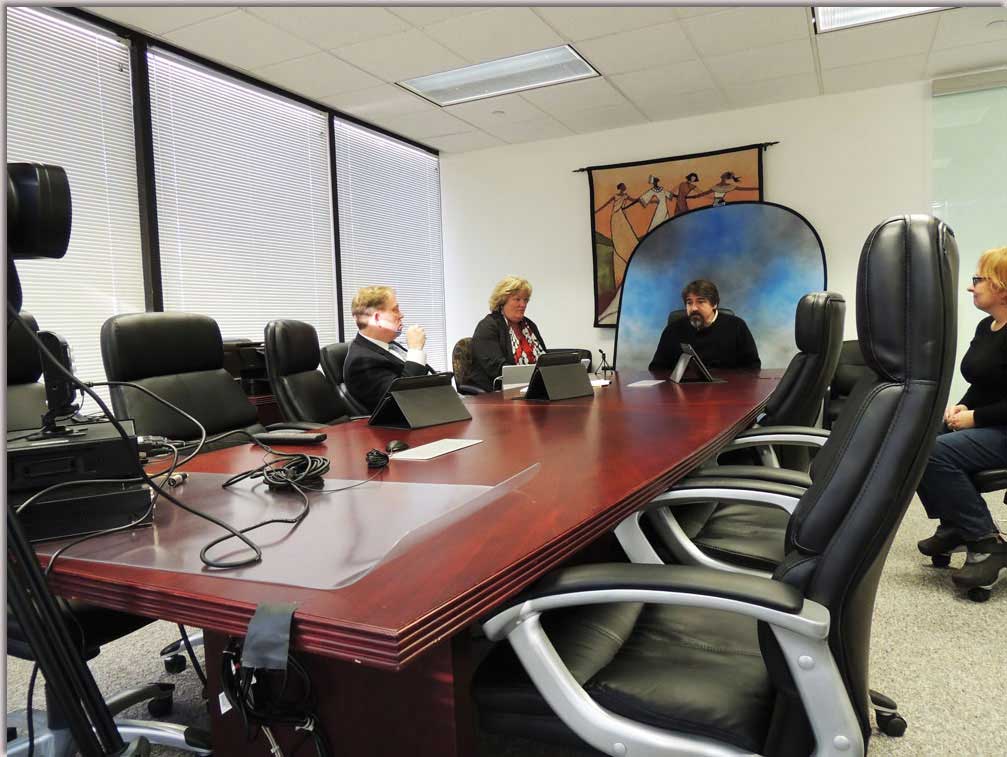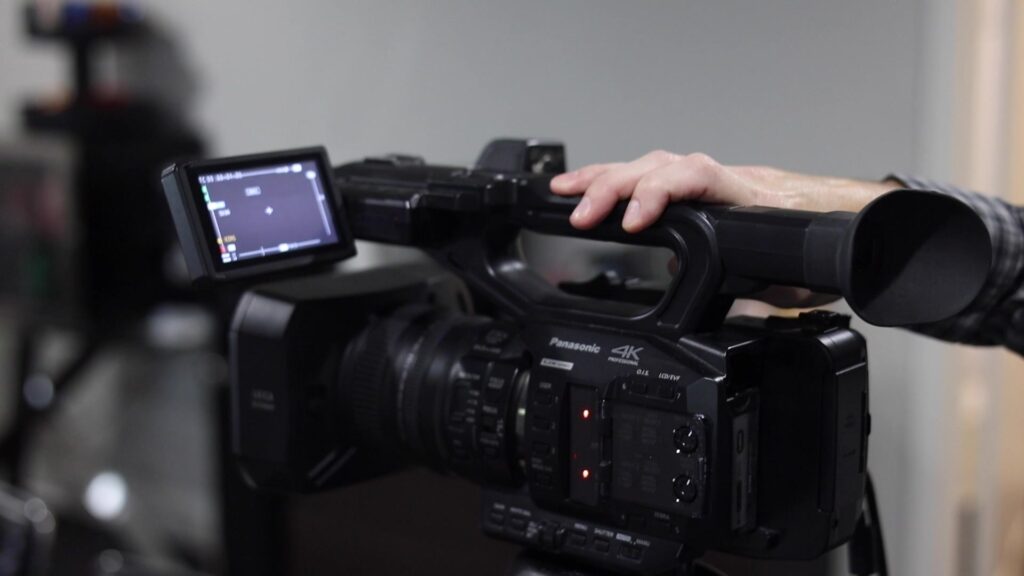The Relevance of Legal Video Depositions in Modern Legal Solutions: What You Must Know
Legal video depositions have ended up being necessary in today's legal landscape. They supply a multidimensional sight of witness testimonies that standard records simply can not match. By catching both non-verbal and verbal interaction, these depositions enhance the total understanding of a witness's reputation. Nevertheless, the effectiveness of video clip depositions rests on numerous variables, including conformity with lawful standards and finest methods (legal video depositions). Exploring these elements discloses their true importance in modern lawful solutions
What Are Legal Video Depositions?
Lawful video clip depositions function as a vital device in the litigation process. They involve videotaping witness statements in a video format, catching both non-verbal and verbal interaction. This approach allows attorneys to document the demeanor, expressions, and reactions of witnesses, providing a richer context for the testimony. Generally performed in a regulated setting, these depositions are led by lawyers that ask questions while a court reporter records the dialogue. The resulting video can be essential for test prep work, as it enables lawyers to analyze the integrity of witnesses and fine-tune their techniques. In addition, lawful video depositions can be utilized in different legal contexts, ranging from civil disputes to criminal instances. The auditory and visual aspects of video depositions improve the presentation of proof, making it a crucial element in the modern-day legal landscape. In general, they contribute significantly to the efficiency and efficiency of lawful proceedings.

Benefits of Video Depositions Over Standard Techniques
Video depositions provide countless advantages contrasted to standard methods of taking witness testimonies. One considerable advantage is the capacity to catch both visual and audio aspects, supplying a much more extensive document of the witness's declarations. This double layout improves clearness and permits attorneys to reference details subtleties during test preparation. Additionally, video depositions promote remote involvement, making it much easier for witnesses who might be inaccessible for in-person looks as a result of geographical restraints or health issues.Moreover, video clip depositions can quicken the general deposition procedure, decreasing the time and prices connected with traveling and logistics. They additionally enhance accessibility, as videotaped depositions can be conveniently shared among lawful groups and referenced any time. This comfort adds to much better case administration and preparation. Overall, video depositions represent a modern-day, efficient method to gathering witness statements, lining up with the advancing requirements of the legal career.
The Duty of Body Language and Tone in Testimonies

In lawful video clip depositions, body movement and tone play vital functions in conveying a witness's reliability and reliability. Nonverbal signs can supply understandings into a witness's emotion, influencing how their statement is perceived. Comprehending the effect of these elements is crucial for jurors and attorneys alike when evaluating the dependability of a statement.
Nonverbal Communication Insights
While verbal communication is frequently emphasized in legal statements, nonverbal signs such as body language and tone play an essential duty in sharing trustworthiness and emotion. Onlookers of depositions might keep in mind that a witness's position, gestures, and facial expressions can substantially affect assumptions of reliability. As an example, consistent eye contact might indicate self-confidence, while avoiding look might recommend deceit or discomfort. The tone of voice-- its pitch, rate, and quantity-- can give feelings of genuineness or uncertainty. Attorneys need to be attuned to these nonverbal signals, as they typically give essential context that enhances spoken words. Comprehending these nuances can enhance the efficiency of depositions and influence the end result of legal process.
Emotional Tone Effect
The psychological tone communicated during lawful testaments substantially influences how a witness is perceived. Body movement, vocal inflections, and faces play vital duties fit the story of a statement. A witness displaying confidence with stable eye contact and a tranquil tone can impart a sense of integrity and involvement. Alternatively, indicators of stress and anxiety, such as fidgeting or a shaky voice, may result in apprehension concerning their account. The subtleties of psychological expression can affect the interpretation of realities, making it essential for attorneys to identify these cues. In video depositions, the aesthetic and acoustic parts integrate, emphasizing the significance of psychological tone in communicating sincerity and truthfulness within the legal process.
Reliability and Reliability
An essential aspect in establishing reputation and dependability during statements exists in the witness's body language and intonation. Viewers frequently rely on non-verbal hints-- such as eye contact, posture, and motions-- to evaluate a witness's sincerity. For example, a witness that preserves eye get in touch with and displays open body movement might be regarded as even more truthful and reliable than one who avoids eye get in touch with or shows up closed off. Additionally, tone of voice plays an important function; a constant, tranquil tone can strengthen the trustworthiness of the statement, while changes in pitch or volume might raise uncertainties. Ultimately, the combination of body movement and singing tone substantially influences how a witness's statements are received and analyzed in a lawful context.
Best Practices for Carrying Out Video Clip Depositions
Conducting video clip depositions requires careful preparation and execution to ensure a effective and clear discussion of testament. First, it is necessary to pick a peaceful, well-lit location to lessen distractions and safe and secure ideal video high quality. The equipment must be tested in breakthrough, consisting of video cameras, microphones, and lighting, to prevent technical problems throughout the deposition.Next, celebrations involved must evaluate the format and procedures beforehand, seeing find more information to it that everybody comprehends their functions. The deponent needs to be briefed on the procedure, consisting of how to react plainly and concisely.Additionally, preserving an expert behavior throughout the session is essential. This includes avoiding speaking over each other and confirming that all concerns are routed appropriately. Ultimately, it is important to tape the deposition in a format that permits for easy playback and review, protecting the stability of the testimony for future use.
Legal Factors To Consider and Compliance Issues
How do lawful factors to consider and conformity concerns impact the efficiency of video depositions? Lawful professionals need to browse a complicated landscape of laws, ensuring that video clip depositions adhere to administrative guidelines and standards. Conformity with legislations concerning privacy, authorization, and taping approaches is essential. For example, acquiring specific approval from all events included is essential to avoid lawful repercussions.Additionally, the admissibility of video clip proof in court can depend upon conformity with step-by-step demands. Guaranteeing that the devices made use of fulfills technological criteria is also crucial, as low quality can undermine the deposition's reliability.Moreover, attorneys should know any type of details state laws that regulate video clip depositions, as these can vary substantially. Failing to address these considerations can not just threaten the stability of the deposition but also impact the overall case technique, ultimately impacting the customer's legal outcomes.
How Video Clip Depositions Effect Jury Understanding
While video clip depositions can offer as powerful devices in lawful procedures, their impact on court perception is considerable. The visual and acoustic elements of video clip recordings offer jurors with a more extensive understanding of witness demeanor, integrity, and emotional feedbacks. This multimedia method can boost the jurors' ability to assess the reliability of testimony contrasted to standard text-based transcripts.Moreover, video clip depositions enable jurors to observe body language, tone of voice, and faces, all of which can affect their analysis of the witness's declarations. The existence of a witness on screen can humanize them, promoting empathy and connection, which may guide jurors' viewpoints. Conversely, a witness that appears incredibly elusive or untrustworthy on video may bring about adverse perceptions that influence a court's choice. Ultimately, the vibrant nature of video depositions plays a vital role in shaping exactly how jurors interpret proof and reach their verdicts.
The Future of Video Clip Depositions in Legal Technique
As innovations in technology proceed to reshape the lawful landscape, the future of video depositions is poised for substantial evolution. Technologies such as man-made knowledge, digital reality, and enhanced video clip conferencing devices are expected to simplify the deposition process and enhance access. Attorneys may use AI-driven analytics to evaluate witness reputation and instance stamina more effectively.Moreover, the integration of digital fact could enable courts to experience immersive simulations of depositions, supplying much deeper context and understanding. Furthermore, the fad towards remote depositions is most likely to persist, supplying greater versatility for lawyers and customers alike.As remote work ends up being progressively stabilized, video clip depositions will likely end up being basic technique, minimizing prices and time restraints connected with typical methods. On the whole, these technological advancements guarantee to enhance the efficiency, efficiency, and accessibility of video depositions in lawful technique, inevitably changing how lawyers get ready for trial.
Often Asked Concerns
Exactly How Much Do Lawful Video Depositions Typically Price?

Can Video Clip Depositions Be Used in Any Type Of Kind Of Case?
Video depositions can be used in various types of cases, consisting of civil, criminal, and family regulation. Their flexibility enables lawyers to existing witness statements successfully, adjusting to the particular requirements of various lawful situations.
What Tools Is Required for a Video Clip Deposition?
To carry out a video deposition, vital devices includes a high-quality video camera, microphone, lighting, and a dependable recording device. Additionally, a computer system with editing and enhancing software program may be required for post-production and formatting the last video.
The length of time Does a Common Video Deposition Last?
A typical video deposition lasts in between two to 4 hours, relying on the intricacy of the instance and the variety of concerns posed. Extended sessions may happen, however breaks are typically incorporated for participant comfort.

Are Video Depositions Admissible in Court?
Video clip depositions are generally permissible in court, given they abide by legal requirements and policies of proof. Their usage improves clearness and protects witness testament, aiding in the judicial process throughout trials and hearings. Legal video depositions have come to be important in today's lawful landscape. In addition, lawful video clip depositions can be used in numerous legal contexts, varying from civil disagreements to criminal instances. Furthermore, video depositions assist in remote participation, making it much easier for witnesses that may be inaccessible for in-person looks due to geographical constraints or health issues.Moreover, video clip depositions can quicken the total deposition process, reducing the time and costs associated with travel and logistics. Making certain that the tools made use of satisfies technological standards is also crucial, as bad high quality can weaken the deposition's reliability.Moreover, lawyers visit our website need to be conscious of any type of specific state regulations that control video depositions, as these can vary substantially. Additionally, the fad towards remote depositions is most likely to continue, providing better adaptability for clients and attorneys alike.As remote work becomes significantly stabilized, video depositions will likely come to be conventional method, minimizing prices and time restrictions connected with conventional methods.